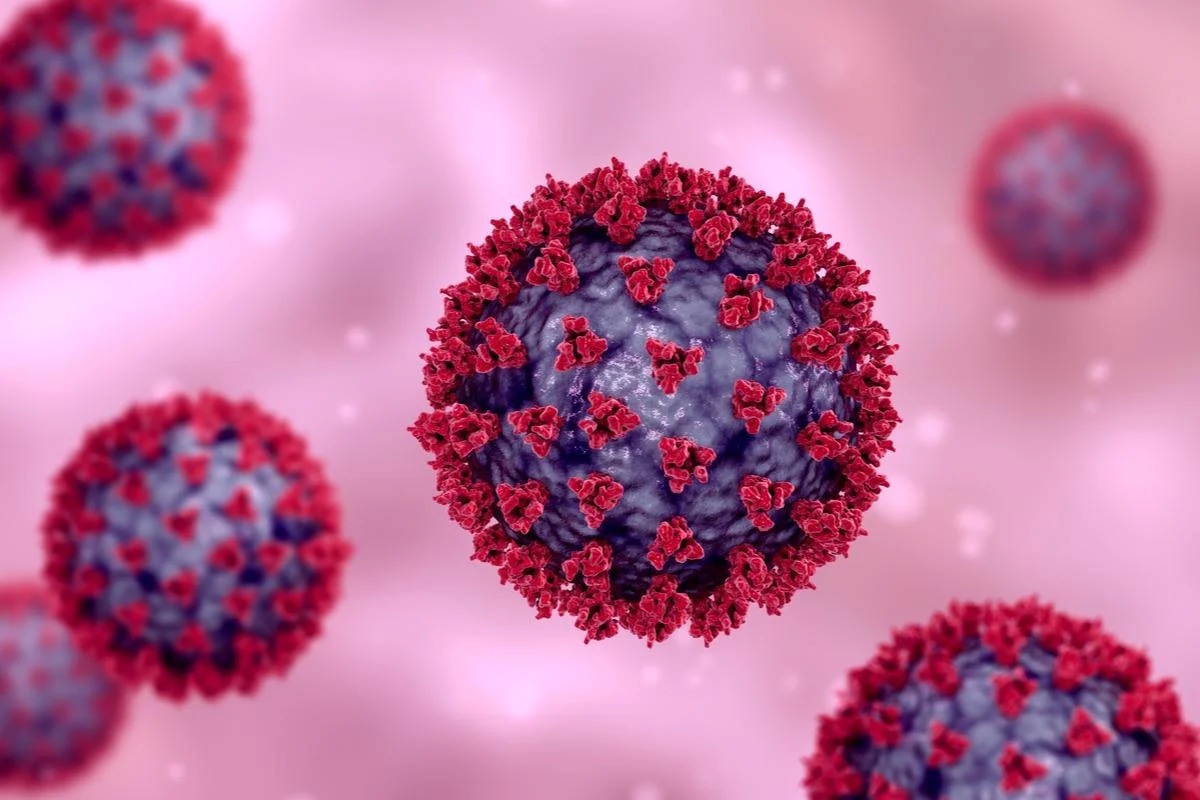
Active immunity is a powerful defense mechanism that our bodies use to fight off infections and diseases. But what exactly is it? Active immunity occurs when exposure to a disease organism triggers the immune system to produce antibodies to that disease. This can happen through infection with the actual disease or through vaccination. The immune system remembers the disease, making future responses faster and more effective. This type of immunity can last for years, sometimes even a lifetime. Understanding active immunity helps us appreciate how vaccines work and why they are crucial for public health. Ready to learn more? Here are 15 fascinating facts about active immunity that will deepen your understanding of this vital biological process.
What is Active Immunity?
Active immunity is a type of immunity that develops when your body is exposed to a disease-causing organism. Your immune system responds by producing antibodies to fight off the infection. This process helps your body remember the pathogen, providing long-term protection. Here are some fascinating facts about active immunity:
-
Natural and Artificial: Active immunity can be acquired naturally through infection or artificially through vaccination. Both methods stimulate the immune system to produce antibodies.
-
Memory Cells: When your body encounters a pathogen, it creates memory cells. These cells "remember" the pathogen, enabling a faster and stronger response if you encounter it again.
-
Long-lasting Protection: Unlike passive immunity, which is temporary, active immunity can last for years or even a lifetime. This long-term protection is due to the presence of memory cells.
How Vaccines Work
Vaccines are a crucial tool in developing active immunity. They contain weakened or inactivated parts of a particular organism that triggers an immune response within the body. Here are some key points about how vaccines work:
-
Safe Exposure: Vaccines expose your immune system to a pathogen in a safe way, allowing it to learn how to fight the disease without causing the illness.
-
Booster Shots: Sometimes, booster shots are needed to "remind" the immune system about the pathogen. This helps maintain immunity over time.
-
Herd Immunity: When a large portion of a community becomes immune to a disease, it provides indirect protection to those who are not immune. This is known as herd immunity.
Benefits of Active Immunity
Active immunity offers numerous benefits, making it a vital aspect of public health. Here are some of the advantages:
-
Reduced Disease Spread: By developing immunity, individuals are less likely to spread infectious diseases to others, helping to control outbreaks.
-
Lower Healthcare Costs: Preventing diseases through vaccination and natural immunity reduces the need for medical treatments, lowering healthcare costs.
-
Improved Quality of Life: Immunity to diseases means fewer illnesses, leading to a better quality of life for individuals and communities.
Examples of Active Immunity
Active immunity can be seen in various diseases and vaccinations. Here are some examples:
-
Measles: Vaccination against measles provides long-term immunity, significantly reducing the incidence of the disease.
-
Chickenpox: Natural infection with chickenpox usually results in lifelong immunity, preventing future outbreaks.
-
Influenza: Annual flu vaccines help the immune system recognize and fight off different strains of the flu virus.
Challenges and Considerations
While active immunity is highly beneficial, there are some challenges and considerations to keep in mind:
-
Vaccine Hesitancy: Some people are hesitant to get vaccinated due to misinformation or fear, which can hinder efforts to achieve herd immunity.
-
Mutating Pathogens: Some pathogens, like the flu virus, mutate frequently, requiring updated vaccines to maintain immunity.
-
Access to Vaccines: Ensuring that vaccines are accessible to everyone, especially in low-income areas, is crucial for global health.
Active immunity plays a vital role in protecting individuals and communities from infectious diseases. Understanding how it works and its benefits can help promote healthier lives and stronger public health systems.
Active Immunity: A Lifesaver
Active immunity is a game-changer in our health. It’s the body's way of learning to fight off diseases by itself. Vaccines play a huge role in this process. They train our immune system to recognize and combat harmful pathogens without causing the disease. This type of immunity can last for years, sometimes even a lifetime. It’s like having a personal bodyguard that gets stronger with each encounter. Understanding how active immunity works helps us appreciate the importance of vaccinations. They’re not just shots; they’re shields protecting us from serious illnesses. Staying informed about active immunity empowers us to make better health choices. So, next time you roll up your sleeve for a vaccine, remember you’re boosting your body’s natural defenses. Active immunity is a powerful ally in keeping us healthy and safe.
Was this page helpful?
Our commitment to delivering trustworthy and engaging content is at the heart of what we do. Each fact on our site is contributed by real users like you, bringing a wealth of diverse insights and information. To ensure the highest standards of accuracy and reliability, our dedicated editors meticulously review each submission. This process guarantees that the facts we share are not only fascinating but also credible. Trust in our commitment to quality and authenticity as you explore and learn with us.


